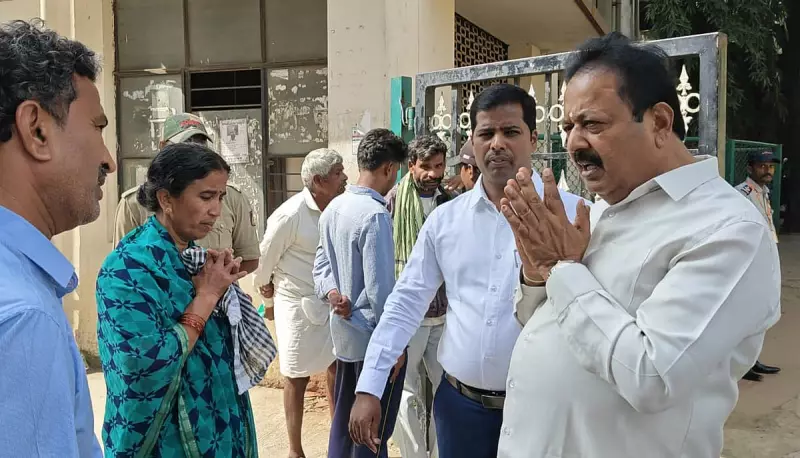
A tragic incident has shaken the agricultural community in Karnataka as a 45-year-old farmer from Mandya district lost his life after setting himself on fire. The victim, identified as Chandregowda, succumbed to his burn injuries at a private hospital in Bengaluru on Monday.
The devastating incident occurred on June 22nd when Chandregowda, overwhelmed by the complete destruction of his crops due to recent heavy rains, resorted to the extreme step of self-immolation. The farmer from Koppalu village had invested heavily in his agricultural operations, only to watch his efforts wash away with the unseasonal downpour.
Desperation Leads to Tragedy
According to local sources, Chandregowda had been in severe distress after witnessing the total devastation of his farmland. The relentless rainfall had destroyed his entire crop yield, leaving him facing massive financial losses and an uncertain future.
"The psychological impact of seeing months of hard work and investment completely wiped out proved too much for him to bear," a local farmer from the village mentioned, highlighting the mental trauma farmers experience during such crises.
Medical Battle Ends in Heartbreak
After the self-immolation incident, Chandregowda was initially treated at a local hospital in Mandya before being referred to a specialized medical facility in Bengaluru. Despite doctors' best efforts and intensive treatment, the farmer could not overcome the severe burn injuries and passed away during treatment.
The incident has sparked renewed concerns about the effectiveness of government support systems for farmers during natural calamities. Agricultural communities across Karnataka are demanding better safety nets and prompt compensation mechanisms to prevent such tragedies in the future.
Broader Implications for Farming Community
This heartbreaking event underscores the precarious situation faced by Indian farmers, particularly those dependent on seasonal crops. The increasing frequency of extreme weather events has made agriculture increasingly risky, pushing many farmers into debt and despair.
Local farmer unions and agricultural organizations have called for immediate government intervention and comprehensive support for affected farming families in the region.






